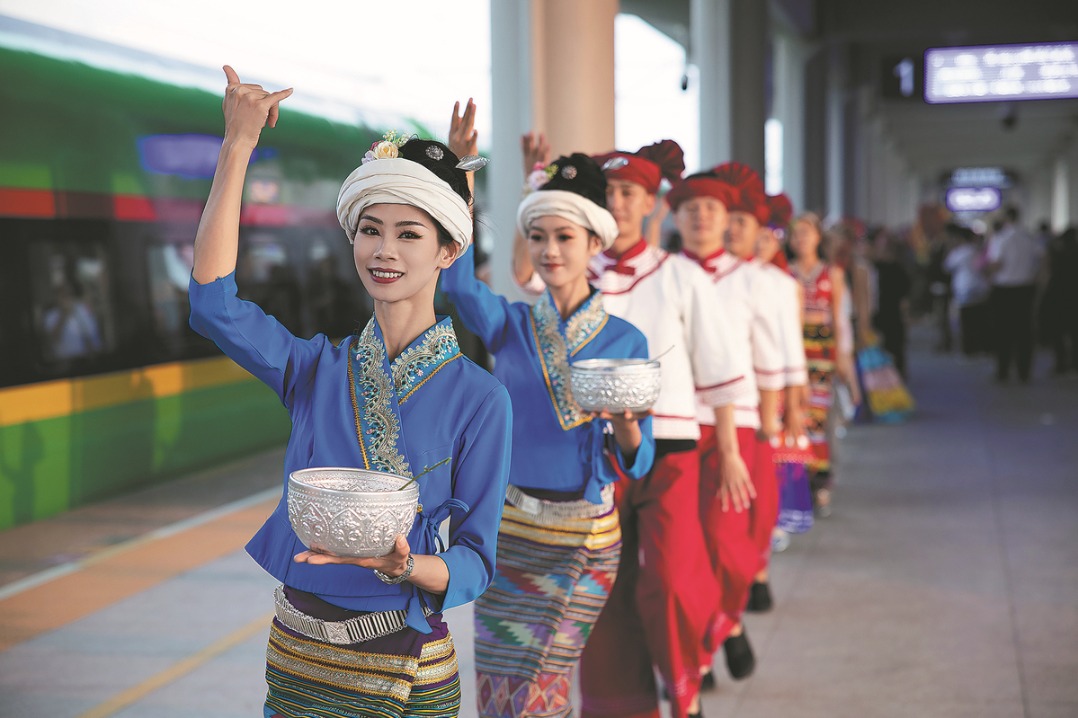Chinese institute plans to translate Kenyan literature

A Chinese institute is collaborating with a Kenyan publisher to translate a number of Kenyan literature works into Chinese language, a major boost to cultural exchanges and mutual understanding between the two countries.
The Foreign Literature Research Center of Shanghai Normal University is seeking collaboration with the Kenya Literature Bureau, to translate famous Kenyan English literary works to give the Chinese community a deeper understanding of Kenya's rich cultural and literary heritage.
The cooperation will also focus on translation of representative works on Kenyan English literature studies, translation of the latest research achievements in Chinese African literature studies, and mutual visits for literary and cultural exchanges and mutual learning.
Both parties hope that through the collaboration, the Chinese literature will also be translated into English and Kiswahili in the near future so that Kenyans can learn more about the Chinese civilization.
Kenneth Jumba, publishing manager at the Kenya Literature Bureau, expressed gratitude for the cooperation intentions, noting that it will expose Kenyan authors and culture to the Far East.
He said by availing Kenyan literature to the Chinese market and vise versa, in addition to the teaching of the Chinese language and culture by the Confucius Institutes at the Kenyan universities and schools, will open the understanding between people from the two countries, consequently promoting trade cooperation.
"To Kenya Literature Bureau, this partnership will open a window for us to offer our books to the world market as well as promote cultural exchanges," Jumba said.
Zhu Zhenwu, the director of Foreign Literature Research Center of Shanghai Normal University, said Kenya is recognized as a significant nation contributing to the body of literature in English.
He said his institution has published 10-volume studies in African literature series, the first major national project on African literature "History of African English Literature" in China, funded by the National Publishing Fund.
While the series focuses on literature in English, it also includes literature in French, Portuguese and Arabic.
It divides African literature into four regions: Southern African literature, Western African literature, Central African literature, and Eastern and Northern African literature, which are divided into "classic" and "selected" sections.
The two literary sections complement each other, trying to restore the original face of African literature, so as to facilitate readers and researchers in various countries to understand and study African literature more comprehensively.
Basically, the study of African English literature examines the impact of colonization on the development of modern African nations.
It engages in intellectual debates on the thematic and artistic portrayal, as well as the theoretical criticism of specific African literary works.
It showcases the current state of theoretical involvement in Chinese research of African literature in English and offers a profound understanding of the collision and fusion between traditional African culture and Western culture.
"Chinese people know some African literature. We can't compare it with literature in the US and the UK. This is why I spend years working on it," he said.
Zhu said the intention of his institution is to rewrite the history of the literature of the African continent to drive civilization between countries and people.
"The World literature is basically the literature written by Western scholars - the US, UK, Germany, France and Japan. Mostly, it does not include African literature. Africa has plenty of literature but most of the western scholars ignore it," he said, adding that they plan to write the history of the literature of each of the African countries.

































